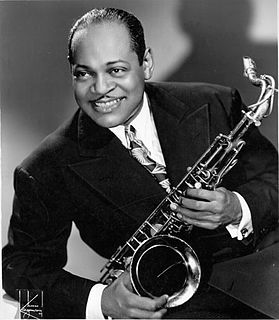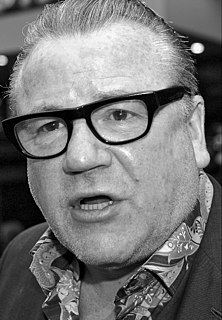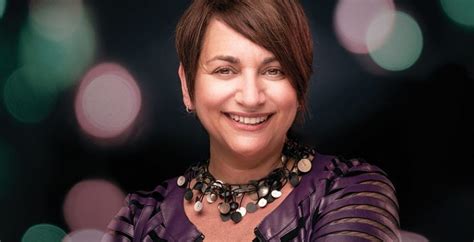A Quote by Hirokazu Kore-eda
When I make films, I don't think of any other directors or their work in terms of the rhythm of the editing or the tenor of the performances.
Related Quotes
Film is such a director's medium; you're really in their hands in terms of the real storytelling. As an actor, you can give a performance moment to moment and some of your takes will be used and some of them won't. I think there are great films you can make with bad performances, and vice versa. There are all combinations of those things. It's really down to the director what happens, I think, so that's why it's really good to work with very talented, bold directors.
Yet housekeeping actually offers more opportunities for savoring achievement than almost any other work I can think of. Each of its regular routines brings satisfaction when it is completed. These routines echo the rhythm of life, and the housekeeping rhythm is the rhythm of the body. You get satisfaction not only from the sense of order, cleanliness, freshness, peace and plenty restored, but from the knowledge that you yourself and those you care about are going to enjoy these benefits.
In terms of my career, it began in earnest when I was living in Boston. I started doing my own films, working initially as an editor and editing assistant - briefly - at WGBH, as an editor on other people's movies, trying to get some experience under my belt, but eventually just doing my own short films, doing them my way.
I'd like to drill in a little more detail into one aspect of cutting which is particularly close to me and that's dialogue editing. It is a vital part of editing especially in animated film, but in the end it is usually completely transparent to the audience. The vocal performances are reported for over several years and the actors are very rarely in recording studios together. That's why the editor has got to all these different performances and edit them together to create the illusion of spontaneity and real action.





































